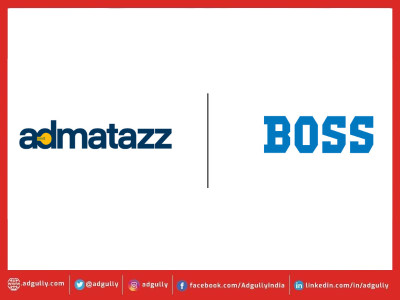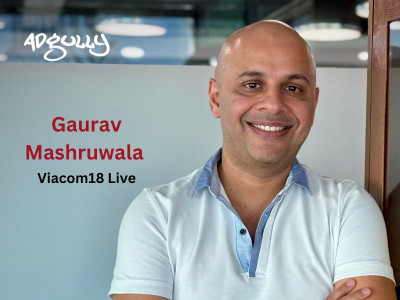Possible Restrictions Of Using Celebrities For Gambling Ads
Celebs, famous sports icons, and social media influencers are to be outlawed from appearing in betting ads- as part of new rules set by CAP to limit the “strong appeal” to the young generation. Gambling ads that include people or characters who are followed by children and young teenagers are to be banned. Also, when collaborating with influencers, all the gambling norms are to be changed. The new set of rules will urge the brands to take into consideration the influencer’s outreach and analyze the age-breakdown of their follower-list to guarantee that the under-18s do not consist of greater than 25% of the audience.
Celebrities As Brand Ambassadors
Non-UK Gambling Companies face tooth and nail competition to make their brands stand out. A very popular strategy that most of them settle upon is to use a brand ambassador. This strategy is also popular among non-UK brands listed at CasinoGap and offshore operators. These ambassadors are employed to boost or encourage the popularity of the brand by acting as the main face of the company.
Most online bookies prefer to use famous sports personalities as they emanate success and advertise the brand in a very positive light. Sports celebs such as Andrew Luck (collaborating with Bovada, a trusted online bookie) and others receive tons of sponsorships from such gambling brands. This attracts a huge amount of attention to the brand and unknowingly creates a potential risk of falling prey to problem gambling for all the young sports fans out there. Therefore, CAP has decided to put an immediate stop to such “irresponsible advertising” based on the negative impacts they have on society.
The Proposal Launched by CAP
The CAP (Committees of Advertising Practice) have issued a consultation into proposals aiming at bringing down a ban on celebrity endorsements in betting ads. The CAP is of the opinion that this decision will prevent any harm induced by gambling ads on young, and vulnerable adults.
This consultation was based on the evidence from research that was published in March 2020 and was funded by GambleAware. The research points out that the use of lotteries and gambling ads that complied with the CAP Code could now potentially pose a greater risk for the under-18s. Presently, CAP ensures that betting ads are banned from any form of media where greater than 25% of the audience is underage.
Why Are Such Restrictions Imposed?
Evidence showing high rates of gambling associated issues amongst the young generation stipulates that the problem of youth gambling must be tackled as soon as possible. Shockingly, the research commissioned by GambleAware reported that 42% of people aged between 11-24 years regularly gamble.
Thus, the proposals are expected to strengthen the rules and to forbid gambling and lottery ads to create any content involving celeb patronage as these kinds of content strongly appeal to the underage audience. The CAP is also of the opinion that “The new restrictions would have significant implications for gambling advertisers looking to promote their brands using prominent sportspeople and celebrities, and also individuals like social-media influencers.”
The Adoption Of “Strong” Appeal Test
CAP has suggested that the adoption of the “strong” appeal test would decrease the potential for betting ads to attract the attention of the underage audience and impact them negatively. CAP further suggests the modification of existing guidelines to encourage forbidding of the following gambling trends or messages:
- Prohibition of presenting complex stakes in a way which puts unnecessary emphasis on the skill or intelligence of the punter, suggesting, a level of control over the game which is very unlikely to happen in real practice;
- Prohibition of the representation of gambling as part of a community based on skill when it’s sheer luck;
- Prohibition of any ads suggesting that cash-back offers guarantee security;
- Prohibition of sly humour or light-heartedness that belittles or trivialize the risks and losses associated with gambling;
- Prohibiting impractical portrayals of winners contribute to gambling addiction (for instance, winning easily or winning for the first time).
Conclusion
Following the rules to be enforced about celebrity endorsements by the new online ad standards, bookmakers are also ordered to avoid using their ads on the sections of websites that have a strong influence over the underage audience, such as a sports site dedicated to young sports lovers. Moreover, CAP has made it clear that online games shouldn’t promote any marketing about gambling games that are directed at under-18s. These propositions by CAP are sure to decrease the harm done by gambling to the young and vulnerable generation.

















Share
Facebook
YouTube
Tweet
Twitter
LinkedIn